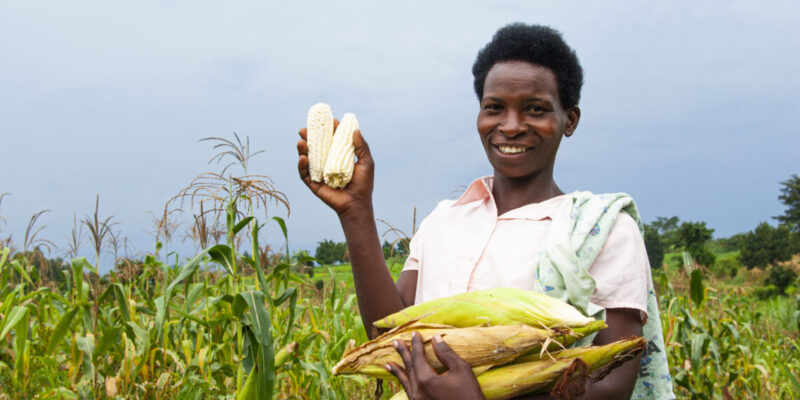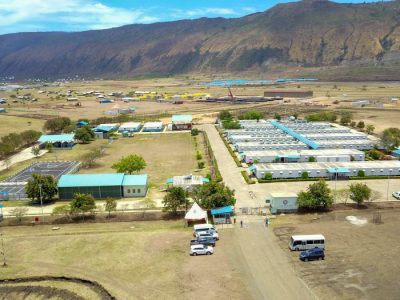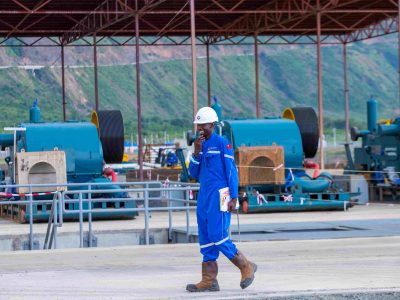
DEI – A consortium of five organizations led by the Petroleum Authority of Uganda (PAU) has embarked on a study to define the various business opportunities the oil and gas industry is likely to open up for the agriculture and housing sectors.
Makerere University’s Economic Policy Research Centre (EPRC) and Stanbic Properties, who are also members of the consortium, will carry out the agriculture and housing related studies, respectively. The other consortium partners are Stanbic Bank and aBi Finance.
“As the regulator, we are always looking out for ideas that ensure greater local participation in the oil and gas sector. The supply of foodstuffs is one area where local farmers can become key players. However, this will require them to commercialize their farming methods,” Ernest Rubondo, PAU Executive Director said.

Rubondo (2nd R) after the MoU signing with the EPRC
In defining the linkages between agriculture and oil, the EPRC will be expected to estimate the current and future demand and supply of foodstuffs as well as assess food production standards in the country. Stanbic Bank, aBi Finance, and PAU will fund this particular study to a tune of over UGX 350 million.
Stanbic Properties’ on the other hand will scrutinize the future supply and demand of housing, cost and availability of land and building materials including housing preferences and delivery systems in the Albertine region and the districts where the East African Crude Oil Pipeline (EACOP) will pass.
It is hoped that these studies will help in addressing the concerns of many Ugandans that have been wondering how they will benefit from the emerging industry following the taking of the Final Investment Decision (FID) for the crude oil pipeline, Tilenga and Kingfisher Oil development projects, recently.

Stanbic officials with the PAU executive director (C)
This is not the first survey commissioned to promote National Content in the oil and gas industry.
In 2014 an extensive Industrial Baseline Survey (IBS) was undertaken by Total E&P, CNOOC and Tullow (the Joint Venture partners) in conjunction with the government to ascertain the capacity of the Ugandan market to supply the goods and services needed in the development phase. Among other key findings, the IBS revealed that about 100,000 to 150,000 jobs would be created through direct, indirect and induced employment.









